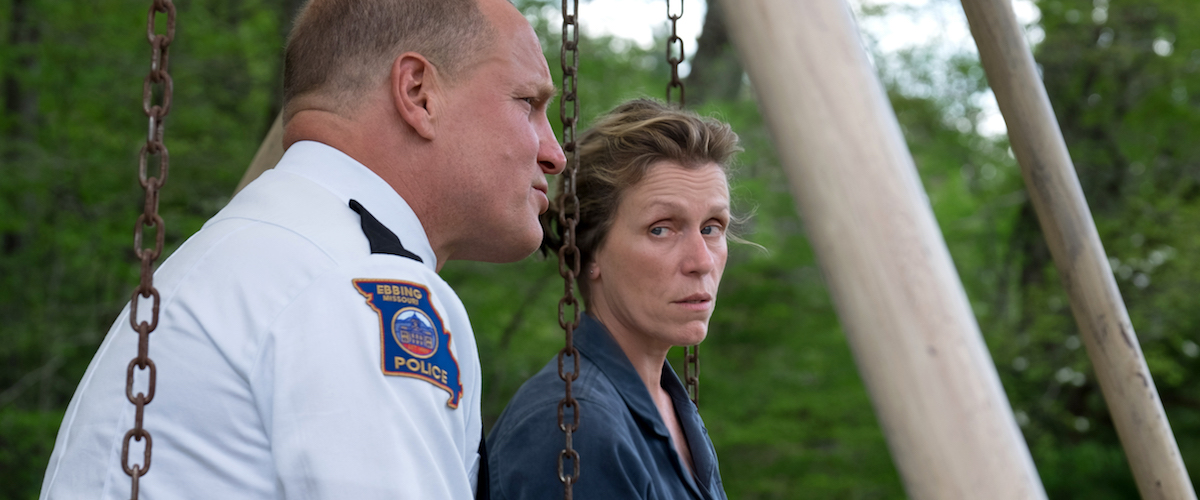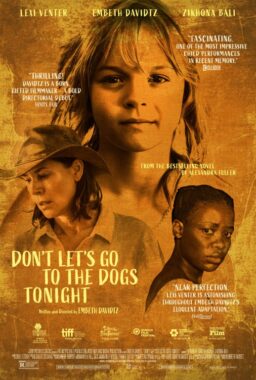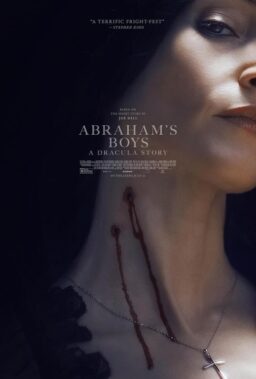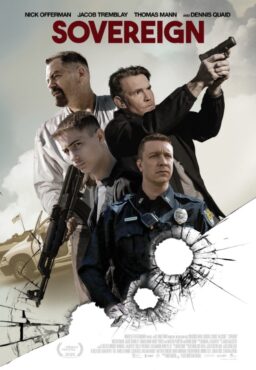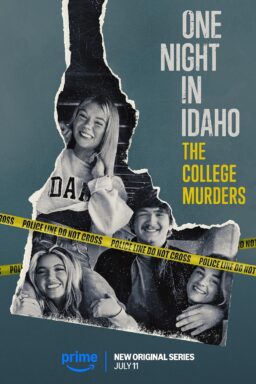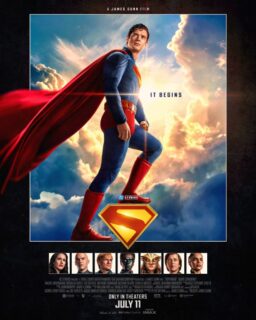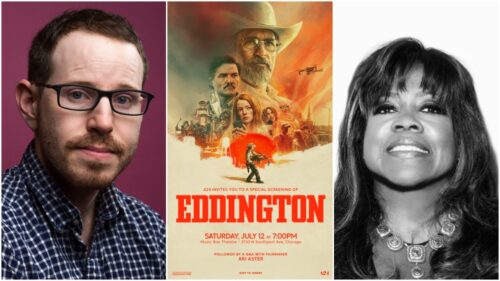Anger is an energy in Martin McDonagh’s brilliant “Three Billboards Outside Ebbing, Missouri,” one of the best films of the year. In this “Southern American with an Irish attitude” story from the “In Bruges” writer/director that, like a lot of his work, recalls Flannery O’Connor in tone (the O'Connor quote “The truth does not change according to our ability to stomach it” could be this movie’s tagline), anger is not treated like something to be cured. Hollywood likes to teach us that anger is a sin, and that only through acceptance and understanding can we find true happiness. Easier said than done, right? How can you not be angry at an unfair world? Life will take children before parents. Life will give cancer to relatively young people. Life will be racist, sexist, and cruel. And you should throw a few back and yell at something that unfair. You should fight. It is only through that fighting and that rage that other emotions like empathy and understanding can surface. Anger is not a disease to be cured but a path on the road to comprehending the world.
No one does angry better than Frances McDormand, who does her best film work here since “Fargo” as Mildred Hayes, a recently divorced mother who lost her daughter Angela less than a year ago. Angela was raped and murdered, but the case has gone cold. There was no matching DNA, so the spotlight has dimmed and Mildred is getting no updates. She’s angry. She should be. One day, she sees three barren billboards on a rarely-traveled road, and she rents the space to ask the local chief of police, played by Woody Harrelson, why there are no answers. Local media becomes interested in the billboards, and the attention sparks a series of events involving not only the chief but one of his more loathsome officers, played by Sam Rockwell. Peter Dinklage, Caleb Landry Jones, Abbie Cornish, Lucas Hedges, Clarke Peters, and John Hawkes fill out a ridiculously perfect supporting cast.
You might think you have your finger on what this will be like from that description, but McDonagh’s simply perfect script is never quite what you expect it to be. The mystery of what happened to Angela would have dominated other versions of this story, but this is not really that movie. On one level, it is more about cause and effect than crime and resolution. Mildred rents the billboards, which leads to pressure on the chief, which leads to anger from his loyal officer, and so on and so on down the line. McDonagh spares no one, allowing almost all of his characters to be deeply flawed, especially McDormand’s Mildred and Rockwell’s Dixon. Life has screwed over both of these people, and it has made them both angry. Mildred is channeling her anger to solve her daughter’s murder. Dixon has less of an idea of what to do with his, but one senses early on that it’s probably going to eventually cost him his job.
Rockwell often plays nice guys, but he’s more effective here as a racist, violent cop than you might expect. He looks older and pudgier, like he drinks himself to sleep every night and doesn’t really trust that life has much in store for him. Rockwell has a big arc in this film and he takes no false steps, as usual. Harrelson is great too, but the film belongs to McDormand, who can do more with a withering glare than most actresses can do with a monologue. She is simply stunning when it comes to internal language, so often revealing the pain underneath the rage. Her Mildred takes no prisoners, but also feels like someone literally torn apart inside by grief. McDormand can destroy a monologue, too—a scene with a priest offering counsel is an all-timer, earning applause at my screening—but she’s even more impressive in the minor beats. It’s the curl of a lip to fight back tears or the downward glance to stop herself from punching someone. This character is so completely, fully realized in ways that other actresses couldn’t have come anywhere close to capturing. It’s stunning to watch.
Of course, McDonagh deserves a ton of credit for not only directing her but giving her such a great part in such a smart script. Empathy and peace with the too-common injustice of our world is a common theme in cinema, but it’s usually handled with kid gloves or pat resolutions. There are no easy answers in McDonagh’s world—no clear-cut heroes and villains. You will start to question Mildred and you will start to defend Dixon. In a sense, that’s one of McDonagh’s most stunning tricks with this film. The world is more complex than most movies would have you think, and it takes a writer of his remarkable ability to convey that. He’s also operating at a more technically accomplished level than ever before, particularly in the way the film uses a great score from Coen regular Carter Burwell and well-balanced cinematography from Ben Davis.
Not every speedbump given us by life teaches us tolerance. A daughter shouldn’t die at all, much less brutally. But what do we do with that knowledge? How do we channel our anger at an unjust world? “Three Billboards Outside Ebbing, Missouri” is one of those truly rare films that feels both profound and grounded; inspirational without ever manipulatively trying to be so. Very few recent movies have made me laugh and cry in equal measure as much as this one. Very few films recently are this good.
This review originally ran from the Toronto International Film Festival on September 13, 2017.

